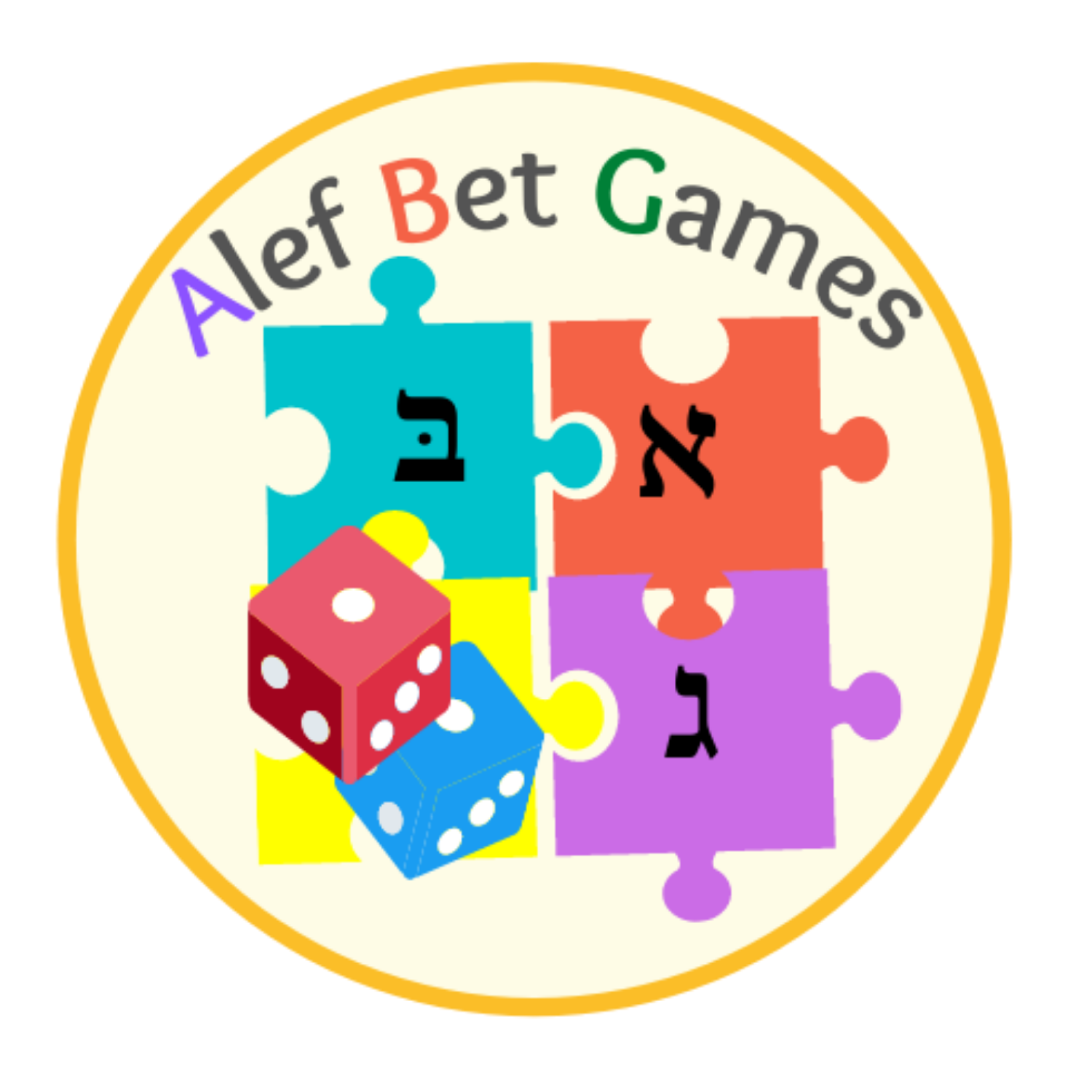Is Passover Political? AI thinks so!
- Talia Shir

- Feb 8, 2023
- 3 min read
Updated: Feb 20, 2025
The Surprising Error Message I Received from Canva's writing assistant.

As the owner and developer of Alef Bet Games, a website where Jewish educators can download ready-to-go lesson plans, I've found AI tools like ChatGPT and Canva's Magic Write incredibly helpful. Since their release in late 2022, these tools have assisted me in writing and refining everything from student-friendly content to product descriptions.
Recently, while working on a Passover coloring booklet, I prompted Canva's "Magic Write" to craft a paragraph explaining the holiday of Passover to kids. To my surprise, I received an error message stating that it couldn't provide the information because it appeared to be a "political topic."


Curious about potential bias in AI, I decided to test the generator by replacing "Passover" with "Easter" and later, "Ramadan," which occur around the same time. In both cases, the AI provided detailed responses without any issues. To ensure there wasn't a connection to other Jewish holidays, I also tried "Hanukkah," and the AI responded without hesitation.
I began to wonder if Passover was being flagged as a political issue because the story recounts the Israelites' escape from slavery in Egypt, and their journey to Israel, the land promised to the Jewish people by God. Or perhaps because the Haggadah prompts us to say, "Next Year in Jerusalem."

Regardless of these elements, why was the generator classifying it as political? I wasn't asking for validation. The Torah, or the Old Testament—whatever you prefer to call it—does state that God promised the land of Israel to the Jews. This is mentioned in Judaic, Christian, and Muslim scriptures. Whether or not you believe it is God's word is your prerogative. So, why wouldn't it provide me with a simple description of the holiday?
How Does AI Get Its Information?
AI systems, including those used in educational tools, learn from vast amounts of data available on the internet and other sources. They are trained using machine learning algorithms that identify patterns and relationships within this data. However, if the data contains biases or controversial viewpoints, these can be inadvertently incorporated into the AI's responses. This can lead to skewed or inappropriate outputs, as seen with the AI's treatment of Passover. Essentially, AI reflects the information it has been trained on, making it crucial to ensure the training data is balanced and fair.
Users must also remain vigilant, questioning and testing these tools' outputs to ensure they meet high standards of fairness and respect. Open dialogue and continuous feedback can help improve these technologies, making them valuable allies in teaching and learning. In the meantime, educators should supplement AI-generated content with their own knowledge and resources, ensuring that all students receive a well-rounded and unbiased education about the world's diverse cultures and traditions.
Where do we go from here?
Spread awareness: Share this article with Jewish and non-Jewish educators and parents to highlight the need for vigilance. Educate your students about misinformation. As AI becomes increasingly integrated into our lives, it's crucial to stay informed about potential biases in these tools.
Provide Feedback to AI Developers: Educators should provide feedback to AI developers when biases or inaccuracies are found. Reporting these issues can help improve the algorithms and training data, making the tools more reliable and inclusive. You can take action now by contacting Canva's Support Team to alert them about this bias.
Test and Verify AI Outputs: Educators should test and verify the information before using AI-generated content in the classroom. Comparing AI outputs with trusted sources and their knowledge can help ensure accuracy and fairness. By questioning and carefully reviewing AI-generated content, educators and parents can identify inaccuracies or biases that may emerge.
Promote Critical Thinking: Encourage students to think critically about the information they receive, whether from AI tools or other sources. Teaching them to question and analyze content can help them become more discerning consumers of information.
Create and Share Quality Resources: Jewish educators can create and share their own high-quality, unbiased educational resources. By contributing to a pool of reliable materials, they can help counteract the effects of biased AI outputs.
Share your thoughts in the comments below.

Product Title
16 px collapsible text is perfect for longer content like paragraphs and descriptions. It’s a great way to give people more information while keeping your layout clean. Link your text to anything, including an external website or a different page. You can set your text box to expand and collapse when people click, so they can read more or less info.
$320

Product Title
16 px collapsible text is perfect for longer content like paragraphs and descriptions. It’s a great way to give people more information while keeping your layout clean. Link your text to anything, including an external website or a different page. You can set your text box to expand and collapse when people click, so they can read more or less info.
$900

Product Title
16 px collapsible text is perfect for longer content like paragraphs and descriptions. It’s a great way to give people more information while keeping your layout clean. Link your text to anything, including an external website or a different page. You can set your text box to expand and collapse when people click, so they can read more or less info.
$560





_edited.png)




This is a very interesting article highlighting an unexpected error with Canva’s writing assistant! It’s a great reminder that AI isn’t perfect. If anyone wished to demonstrate such issues with AI tools, a resource for screen recording like the one on this page would be useful for documenting the steps. The post certainly sparks an interesting conversation about the current limitations of AI.
Wow! Just wow! I just shared this on my Facebook page to inform others.
Thank you for brining this to light!